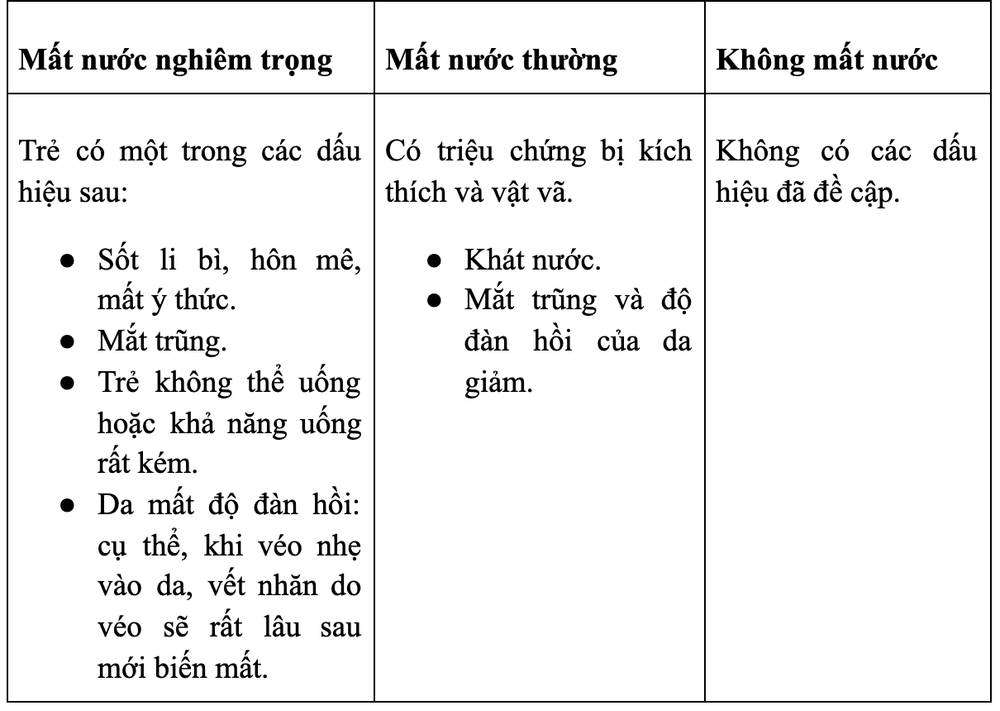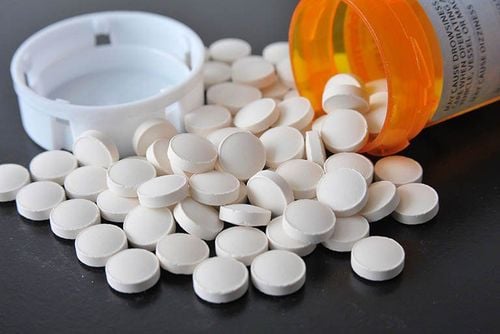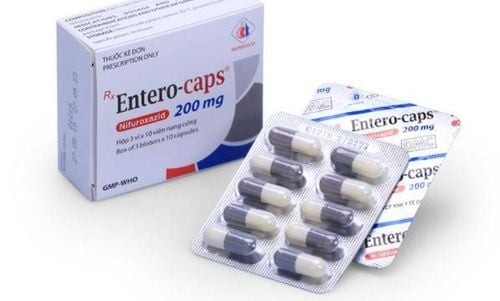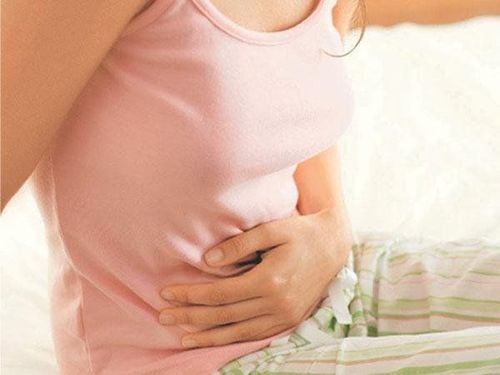This is an automatically translated article.
The article was professionally consulted by Specialist Doctor II Le Thanh Cam - Department of Pediatrics - Neonatology - Vinmec Danang International General Hospital.1. Classification of diarrhea in children
1.1 Acute diarrhea Acute diarrhea in children is a phenomenon in which the child passes stools more often than usual and has a change in the nature of the stool. Children with diarrhea often have loose, watery stools that last up to 14 days.Children with acute diarrhea are often accompanied by many other symptoms such as vomiting, abdominal pain, high fever ... and especially severe dehydration. Without adequate hydration and timely intervention, acute diarrhea can lead to death.
To identify children with acute diarrhea, parents can rely on the following signs:
In infants under 1 year of age, especially from 0 to 6 months old: the child has many bowel movements a day, even up to 10 times/day or more. Newborn baby stools have a sour, liquid, green, or yellow/brown odor. The stools in children with acute diarrhea are often watery, liquid, and foul-smelling. Along with that, because this is a form of intestinal disease, the child will have fever, abdominal pain, nausea and vomiting, fussiness, irritability. 1.2 Persistent diarrhea Another type of diarrhea in children is persistent diarrhea . According to statistics, about 3% - 20% of acute diarrhea episodes in children can turn into prolonged diarrhea, negatively affecting the nutritional status of children. More dangerous, the mortality rate from persistent diarrhea in children accounts for 30% - 50% of deaths due to dehydration - electrolytes in general.
According to the definition from the World Health Organization (WHO), persistent diarrhea is defined as acute diarrhea lasting more than 14 days. Causes of persistent diarrhea in children are relatively diverse, including:
Under 18 months of age have a higher risk of diarrhea.
Malnutrition . Immunosuppression. The child has a history of acute diarrhea with multiple episodes. Diet... Diarrhea in children can cause obvious symptoms such as:
The duration of diarrhea episodes lasts more than 14 days. The stools are loose, have a sour odor, are foamy or mucoid, and even contain blood. Children anorexia, indigestion, frequent vomiting. Diarrhea begins when eating unfamiliar foods.

According to doctors, dysentery bacilli can spread through the mouth, then invade the stomach, small intestine and go to the colon. Here, the bacilli will grow and invade the mucosa. The disease spreads easily into epidemics, especially in the summer. Vietnam is one of the countries with a relatively high rate of dysentery syndrome.
To identify children with dysentery, some of the following signs may be helpful:
Children have abdominal cramps along the colonic frame, especially in the left iliac fossa. The pain is persistent and continuous, creating the feeling of wanting to go to the toilet despite going many times. Many children will have bowel movements but no stools, each time they push, they will secrete blood. Passing stools many times, loose and mucus, bloody stools. The number of bowel movements per day can be up to several dozen times. Stool has an unpleasant fishy odor. Children with high fever above 39 degrees Celsius, fatigue, headache and even coma. Pale skin. Nausea, vomiting.
2. Dehydration due to diarrhea in children
Regardless of the stage or classification of diarrhea, they lead to a common danger: dehydration. Depending on the severity, dehydration in children can be dangerous or not.
3. Principles of treatment of diarrhea in children
The treatment of diarrhea in children is extremely necessary. To ensure effectiveness, some principles of treatment should be kept in mind:Specific treatment based on signs such as the status and degree of dehydration, antibiotics. Quickly and promptly handle complications such as water disturbances, electrolyte disturbances, hypoglycemia... in children. Nutritional problems.

3.2 Treatment of severe dehydration For children with severe dehydration, the child will be managed according to plan C as follows:

It can be seen that, although the classification of diarrhea in children is divided into many types, they all lead to dehydration and malnutrition in children. Therefore, parents need to timely detect abnormal signs in the child's digestion, so that the child can go to the examination and treatment in time, avoiding dangerous complications.
The above knowledge about diarrhea diseases is very useful and practical. For the most effective prevention and treatment of diarrhea, ask for more advice from a specialist! Do not forget to share this article with your friends and relatives to gain more knowledge about diarrhea.

Please dial HOTLINE for more information or register for an appointment HERE. Download MyVinmec app to make appointments faster and to manage your bookings easily.














